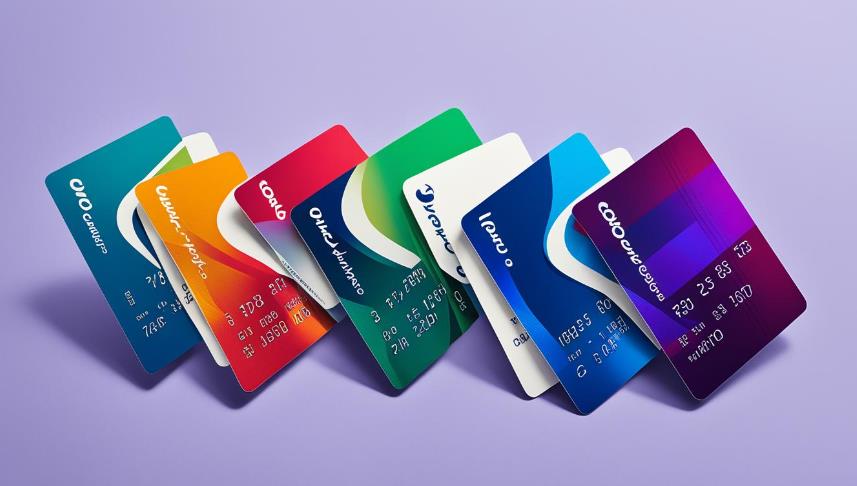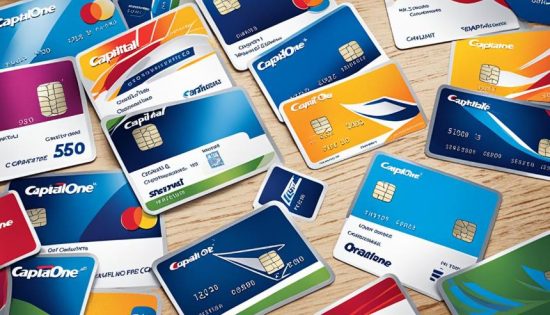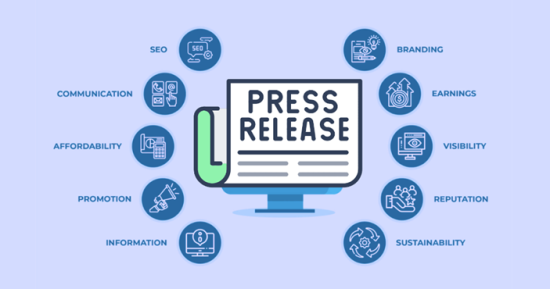
Are you looking to maximize your credit card benefits and rewards? Did you know that nearly 80% of Americans have at least one credit card, with many holding multiple cards from the same issuer? This raises an interesting question: how many Capital One credit cards can you have? Understanding the limits and possibilities can help you strategically manage your finances and make the most of your credit card portfolio. Let’s go through what you need to know about Capital One’s policies on multiple credit card ownership.
Capital One’s Credit Card Policies
Understanding the credit card policies of Capital One is essential for making informed decisions about your financial future. Capital One offers a wide range of credit cards tailored to different customer needs. By familiarizing yourself with their policies, you can ensure that you meet the eligibility criteria and effectively manage your Capital One accounts.

Eligibility Criteria for New Applicants
Before applying for a Capital One credit card, it’s crucial to understand the eligibility criteria. Capital One considers various factors when evaluating new applicants, including credit history, income, and debt-to-income ratio. Meeting the eligibility requirements increases your chances of approval and allows you to take advantage of the benefits offered by Capital One credit cards.
Capital One Account Management Guidelines
Once you have been approved for a Capital One credit card, it’s important to understand how to manage your account effectively. Capital One provides guidelines and tools to help you monitor your spending, set up alerts, and make timely payments. By following these account management guidelines, you can maintain a healthy credit profile and make the most of your Capital One credit cards.
Factors That Influence Credit Card Limits
Several key factors determine your credit limits with Capital One. Your credit history is crucial, as lenders assess your past borrowing habits, including payment history and types of accounts. Income also plays a significant role, with higher income often leading to higher credit limits. The credit utilization ratio, representing the percentage of your available credit in use, is another critical factor; maintaining a low ratio is recommended. Lastly, consistent and timely repayment patterns positively impact your credit limit. By understanding these factors, you can work towards improving your creditworthiness and potentially increasing your credit limit with Capital One.
How Many Capital One Credit Cards Can You Have?
Can you have multiple Capital One credit cards?
If you’re wondering whether you can have multiple Capital One credit cards, the answer is yes. Capital One allows customers to hold multiple credit cards from their selection of offerings. This flexibility allows you to tailor your credit card portfolio to your specific needs and financial goals.
Having multiple Capital One credit cards can offer various benefits, such as increased rewards potential, access to different credit card features, and the ability to separate personal and business expenses. However, it’s important to understand the differences between personal and business credit card options to make the best choice for your unique situation.

Comparing Personal and Business Credit Card Options
Capital One provides a range of credit card options for both personal and business needs. Personal credit cards are designed for individuals and offer rewards, cashback, travel perks, and other consumer-friendly features. They may also provide benefits like extended warranty protection, purchase protection, and zero fraud liability.
On the other hand, if you run a business, Capital One offers specific credit card options tailored to meet the financial needs of your company. Business credit cards can assist with managing expenses, tracking business spending, and earning rewards on business-related purchases. These cards often provide benefits like employee card controls, expense management tools, and detailed reporting.
Maximizing Your Capital One Credit Card Portfolio
To maximize your Capital One credit card portfolio, focus on leveraging the rewards programs by tailoring your spending to earn cash back, travel miles, or points. Take advantage of introductory offers, such as sign-up bonuses, by meeting the spending requirements to unlock these rewards. Manage your credit cards by tracking annual fees, interest rates, and credit limits, downgrading or closing cards that don’t provide enough value. Request credit limit increases when eligible to enhance your spending power. Utilize Capital One’s online tools for account management to stay organized and make informed financial decisions.
Pros and Cons of Multiple Credit Cards with Capital One
In this section, we will explore the advantages and disadvantages of having multiple credit cards with Capital One. It’s important to weigh the pros and cons before deciding whether to expand your credit card portfolio.
Impact on Credit Score
Owning multiple credit cards can have both positive and negative impacts on your credit score. On the one hand, having multiple lines of credit can increase your total available credit limit, which can improve your credit utilization ratio if you maintain low balances. This could potentially boost your credit score over time. Additionally, responsible management of multiple credit cards can demonstrate your ability to handle multiple accounts, which can also be viewed positively by lenders and credit bureaus.
On the other hand, owning multiple credit cards also comes with the risk of overspending or racking up more debt. If you struggle to manage your credit cards effectively and carry high balances, it can negatively impact your credit score. Late payments or missed payments across multiple accounts can also harm your creditworthiness. It’s crucial to exercise discipline and stay organized when managing multiple credit cards.
Benefits of Reward Diversification
One significant advantage of having multiple credit cards is the ability to diversify your rewards. Different Capital One credit cards offer various rewards programs, such as cash back, travel rewards, or points for specific retailers. By strategically using multiple cards, you can optimize your rewards and earn benefits that align with your spending habits and preferences. This can enable you to accumulate rewards faster and take advantage of exclusive perks and discounts.
However, it’s essential to consider the potential downside of reward diversification. Some credit cards come with annual fees, and if you have multiple cards, these fees can quickly add up. Before applying for multiple credit cards, evaluate the potential rewards and benefits against the associated fees to ensure that the value you receive outweighs the costs.
Managing Multiple Annual Fees
One key challenge of having multiple credit cards is managing the annual fees that may be associated with each card. While annual fees are not inherent disadvantages, they can impact the financial feasibility of holding multiple credit cards, especially if the benefits and rewards do not outweigh the costs.
However, there are strategies you can employ to effectively manage multiple annual fees. For example, consider prioritizing credit cards that offer substantial benefits that justify the annual fee. You can also explore options for product changes or downgrading certain cards to ones with lower or no annual fees. Regularly reviewing your credit card portfolio and reassessing the value of each card can help you optimize your rewards while minimizing your costs.
What to Know Before You Apply for Multiple Capital One Cards

If you’re considering applying for multiple Capital One credit cards, there are a few important factors to keep in mind. Understanding these factors will help you make informed decisions and manage your credit card portfolio effectively. Here are some key considerations before you submit your applications:
- Assess Your Financial Situation: Before applying for multiple Capital One cards, it’s crucial to evaluate your current financial position. Consider your income, expenses, and debt obligations, and ensure that you can responsibly handle multiple credit card accounts.
- Review Your Credit Score: Your credit score plays a significant role in credit card approval decisions. Applying for multiple cards within a short period can impact your credit score. Make sure you have a solid credit score and a good payment history before submitting multiple applications.
- Understand Application Restrictions: Capital One has specific policies regarding how many cards you can have and other eligibility criteria. Familiarize yourself with these guidelines to avoid any unnecessary rejections or complications.
- Weigh the Benefits and Rewards: Consider the benefits and rewards offered by each Capital One card you’re interested in. Analyze how they align with your spending habits, lifestyle, and financial goals. Choose cards that provide maximum value and complement each other.
- Manage Annual Fees: Multiple credit cards may come with annual fees. Calculate and compare these fees against the rewards and perks you’ll receive. Ensure that the benefits outweigh the costs and fit into your overall financial plan.
Strategies to Manage Multiple Capital One Cards
In this final section, we will provide practical strategies for effectively managing multiple Capital One credit cards. By implementing these strategies, you can maximize the benefits of your cards while maintaining control over your finances.
Budgeting with Several Lines of Credit
When managing multiple Capital One credit cards, maintaining a comprehensive budget is crucial. Start by clearly identifying your financial goals and priorities. Allocate specific amounts for essential expenses, such as bills and groceries, as well as discretionary spending, such as entertainment and dining out. Be mindful of your monthly credit card payment due dates and set aside funds to ensure timely payments for each card.
Utilizing Capital One’s Online Tools for Account Management
Capital One offers a range of online account management tools to help you stay organized and in control. Take advantage of features such as automatic payment reminders, bill pay, and spending alerts to stay on top of your credit card accounts. Setting up account notifications can help you monitor your spending, detect any fraudulent activity, and ensure timely repayment of your credit card balances. Capital One’s online platform also provides access to transaction history, balance transfers, and credit limit increases, enabling you to manage multiple cards effectively.
FAQs on Capital One Credit Card
Will Capital One approve me again if I was previously denied?
Capital One may consider approving you for another credit card even if you were previously denied. Approval is subject to factors such as changes in your creditworthiness, income, and overall financial situation.
Will Capital One give me a second chance if I have a poor credit history?
Capital One may provide you with a second chance by offering credit cards specifically designed for individuals with less than perfect credit. These cards may come with higher interest rates and lower credit limits, allowing you to rebuild your credit.
How long should I wait to apply for a second Capital One credit card?
It is generally recommended to wait at least six months before applying for a second Capital One credit card. This allows time for your credit history to build and increases your chances of being approved for another card.
How much does Capital One approve you for?
The amount Capital One approves you for on a credit card depends on various factors, including your creditworthiness, income, and credit history. There is no specific predetermined amount, as it is determined individually for each applicant.








